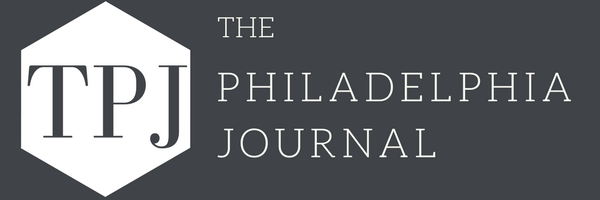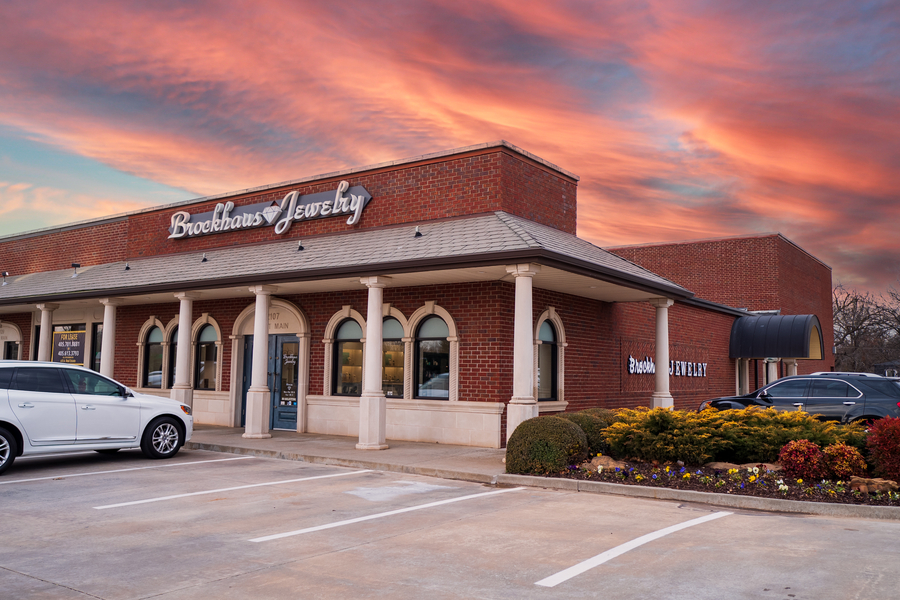Rate cap provision significantly reduces credit options for Illinois households
DES PLAINES, IL, January 04, 2024 /24-7PressRelease/ — “When the Illinois legislature passed the Illinois Predatory Loan Prevention Act (PLPA) in 2021, the intent was to protect consumers from lenders that would take unfair advantage of them,” states Dustin Mauldin, managing partner of online lender SAIL Loans and board member of Responsible Lending Illinois, an industry group seeking to advance economic justice for both consumers and responsible lenders.
“What has actually happened,” he continues, “is that the PLPA has triggered a significant reduction in credit and has limited the affordable options available to countless millions of middle-class families.”
The PLPA was drafted to protect Illinois consumers from predatory loan practices. Predatory lenders offer and make loans that the borrower does not need or cannot afford. Predatory lending may involve deception or fraud, and predatory lenders often take unfair advantage of a borrower’s lack of understanding of the terms and conditions of the loan.
Rate cap results in a reduction of the availability of small-dollar loans
“Protecting consumers from predatory lending is something every responsible lender supports,” states Dustin.
“But in addition to providing safeguards for consumers,” he continues, “the PLPA imposed an annual interest rate cap on consumer loans. This rate cap has driven the majority of responsible lenders out of business and has severely reduced the credit available to middle-class families.”
In 2022, the PLPA imposed a 36 percent “all-in” annual interest rate cap on consumer loans made or offered by any person or entity—excluding banks and credit unions—to a consumer in Illinois.
“When the PLPA was enacted,” notes Dustin, “it was intended to remove predatory lenders, and it was expected that the legislation would increase the number of responsible lenders. The reality, however, is that the number of responsible lenders has decreased significantly—and middle-class consumers are suffering for it.”
Financially stressed consumers trapped in a vicious cycle
Prior to the PLPA being signed into law, consumers had much greater access to credit, and could choose from numerous lending options.
“When emergency expenses arose—car repairs, unexpected medical bills—millions of Illinois families would take short-term small-money loans from alternative lenders, as traditional financial institutions would not typically offer such loans,” states Dustin.
“Many people would also take small-money loans from alternative lenders to avoid the very costly overdraft fees charged by banks and credit unions,” he recounts.
“But since the reduction of access to credit triggered by the PLPA,” Dustin continues, “banks are now offering overdraft protection only for a limited time, which is pushing consumers into ‘unbanked’ territory.
“Up to 80 percent of our customers no longer have a traditional checking account,” he notes, “which further limits their access to credit, as we can’t approve them for loans without a traditional checking account.”
Illinois consumers now face astronomical APRs
Reduced access to credit is pushing more Illinois consumers into increasingly dire financial straits.
“It’s not unusual for us to see a customer with more than a thousand dollars in overdraft fees for a single month,” reports Dustin. “These are hard-working middle-class families with challenged credit.
“Many are turning to tribal lenders,” he adds, “which do not have to comply with state law and often practice predatory lending.”
The few credit options now available to consumers come with outrageously high annual percentage rates:
• Overdraft fees from banks and credit unions: 5000% APR
• Unregulated tribal loans: up to 700% APR
• Pawn shops: up to 249% APR
A sensible solution that’s a win-win for consumers
“When you look at these APRs that are really victimizing middle-class Illinois households,” Dustin points out, “the modest reforms we’re seeking for responsible lenders make a lot of sense, are in keeping with the original intent of the PLPA and allow for a much more affordable solution for these families.”
Responsible Lending Illinois is advocating for modifying the PLPA modeled on the legislation recently passed in California, including:
• an administrative fee of $75 in addition to the maximum rate for loans less than $5,000
• an increase to accommodate the annual Federal Funds Rate of 5.3% APR
“These incremental increases will enable the few remaining responsible lenders to stay in business,” states Dustin. “They will expand the credit options available to Illinois families and provide a solution with an affordable annual percentage rate.
“What we’re seeking is economic justice for both consumers and responsible lenders,” he concludes. “We want Illinois families to have more—and more affordable—credit options.”
About Responsible Lending Illinois
Responsible Lending Illinois is an advocacy group that seeks to educate policymakers and others on initiatives that will increase access to opportunity and close the racial wealth gap, and accessibility to loans, while ensuring the stability of the small-loan lenders in Illinois. Our research regarding financial issues will support our advocacy for change for both consumers and responsible lenders.
—
For the original version of this press release, please visit 24-7PressRelease.com here





